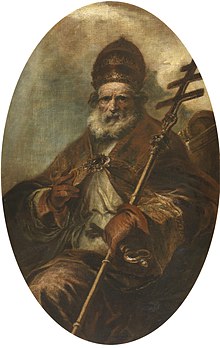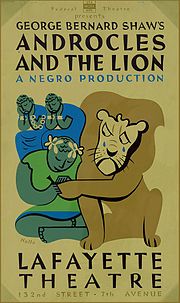1Love righteousness, you who judge the earth;
think of the LORD in goodness,
and seek him in integrity of heart;
2Because he is found by those who do not test him,
and manifests himself to those who do not disbelieve him.
3For perverse counsels separate people from God,
and his power, put to the proof, rebukes the foolhardy;
4* Because into a soul that plots evil wisdom does not enter,
nor does she dwell in a body under debt of sin.
5For the holy spirit of discipline flees deceit
and withdraws from senseless counsels
and is rebuked when unrighteousness occurs.
6For wisdom is a kindly spirit,
yet she does not acquit blasphemous lips;
Because God is the witness of the inmost self
and the sure observer of the heart
and the listener to the tongue.
7For the spirit of the LORD fills the world,
is all-embracing, and knows whatever is said.
Studium:
The author of the Book of Wisdom is unknown. Whoever he was, he was a learned man. He wrote in Greek in Hebrew style. At times it seems that Solomon is speaking, or another wise king. The themes of Christ's coming and death are expressed. Here in verses 1-7, the reader learns that the means to reach God is to strive for righteousness.
Meditatio:
"Put your money where your mouth is." This is a common expression used to tell someone to act and not just talk. Also, "You can talk the talk, but can you walk the walk?" Again, the saying means to behave according to what you are verbally expressing. Seek justice with integrity of heart. Do not be deceitful or foolhardy or worse, cause injustice. You may get away with underhanded shenanigans on earth, but God knows your heart.
Oratio:
Father, You Who are the font of Wisdom, aid us in our understanding and learning of Your Ways. Guide us to do Your Will and not take the easy way out or be tempted to cheat. We desire to be faithful because we desire to live eternally with You, my Lord and God.
Contemplatio:
Holy Spirit embrace us.
 I can't get over this sermon by the pope, Saint Leo the Great. He begins by quoting the Lord:
I can't get over this sermon by the pope, Saint Leo the Great. He begins by quoting the Lord:


















